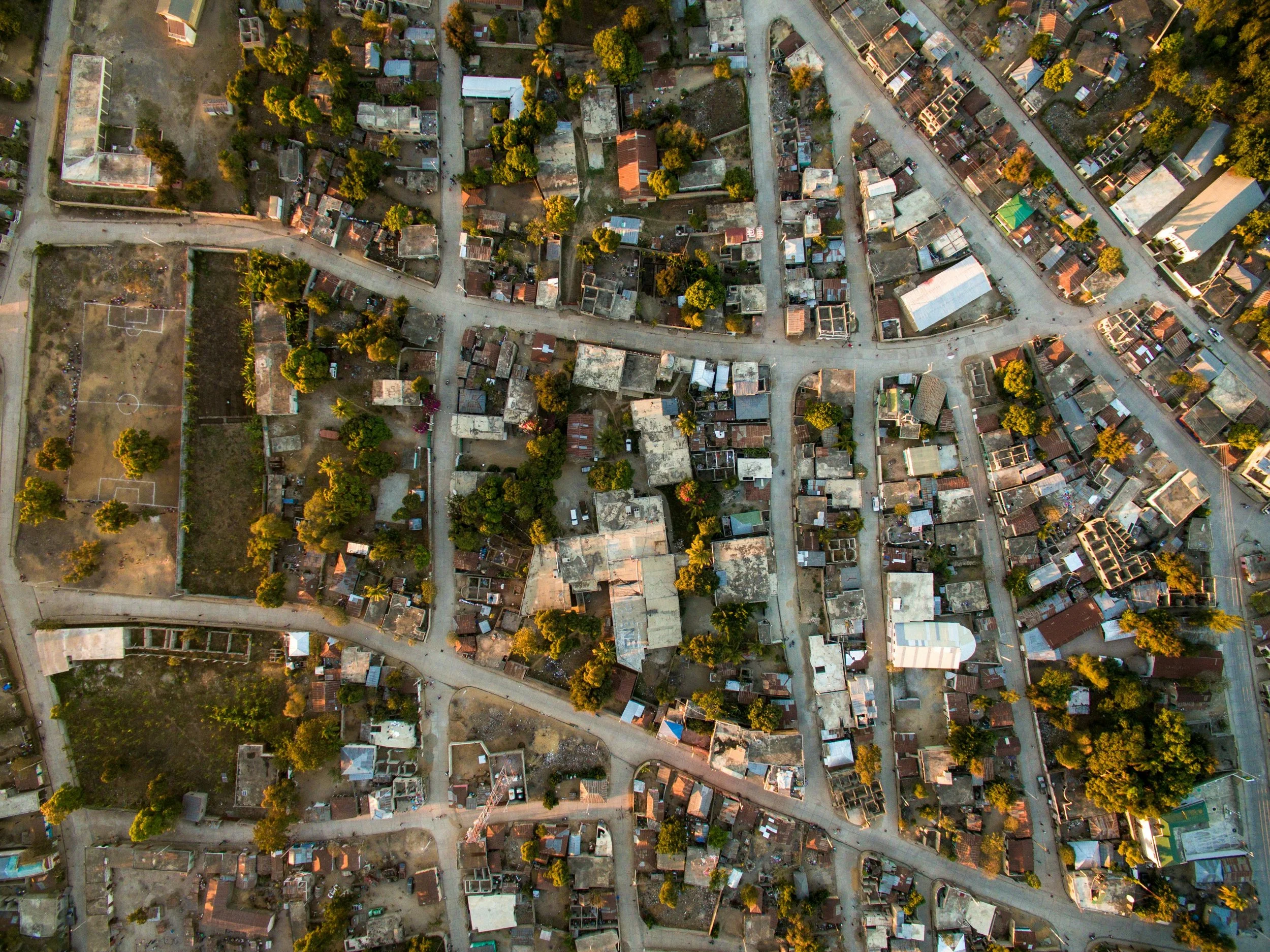THE PROBLEM:
POVERTY SHOULDN’T SEPARATE FAMILIES
Most children in Haitian orphanages aren’t orphans.
They have parents.
They have family.
What they don’t always have is a way to stay together.
A crisis hidden in plain sight.
Around the world, more than 80% of children in orphanages are there because of poverty—not because they’ve lost their parents (Faith to Action Initiative).
Haiti is no exception.
After the devastating 2010 earthquake, international aid flooded the country—and so did a wave of new orphanages. In fact, there was a 150% increase in orphanages on the island in the years following the quake (Haiti Family Care Network).
Today, there are an estimated 30,000 children in institutional care in Haiti, and nearly all of them have at least one living parent or extended family member who could care for them—if only they had the support they needed.
This is the heartbreaking reality: families are being torn apart—not by death, but by economics. Parents give up their children because they feel they have no other option.

Poverty, Not Orphanhood.
Haiti remains the poorest country in the Western Hemisphere. Many families live on less than $2 per day. A lack of access to clean water, stable jobs, and school fees forces impossible decisions. Yet placing children in orphanages doesn’t solve the problem—in fact, it creates more.
But research shows that institutional care hurts in ways many don’t consider:
Delays emotional and cognitive development
Increases vulnerability to trafficking and abuse
Makes reintegration with families harder over time
Costs more per child than family-based support models
Broken Systems & Misguided Aid.
In the wake of crisis, short-term solutions—like handouts, foreign-run projects, and institutional care are often well-meaning but deeply damaging.
Free rice and imports collapsed local agriculture markets
Foreign-built systems often fail because they aren’t locally led
Aid models frequently exclude local voices, bypassing the people they aim to help
The result? Families disempowered. Communities disconnected. And cycles of poverty and separation that persist for generations.

What’s Needed.
The problem isn’t a lack of love or capacity—it’s a lack of opportunity and support.
We believe families should never have to choose between staying together and surviving. That’s why we focus on building systems that keep families whole and communities strong—before the crisis hits.
Family separation doesn’t happen in a vacuum. Let’s face the hard truths together.
